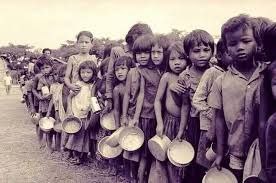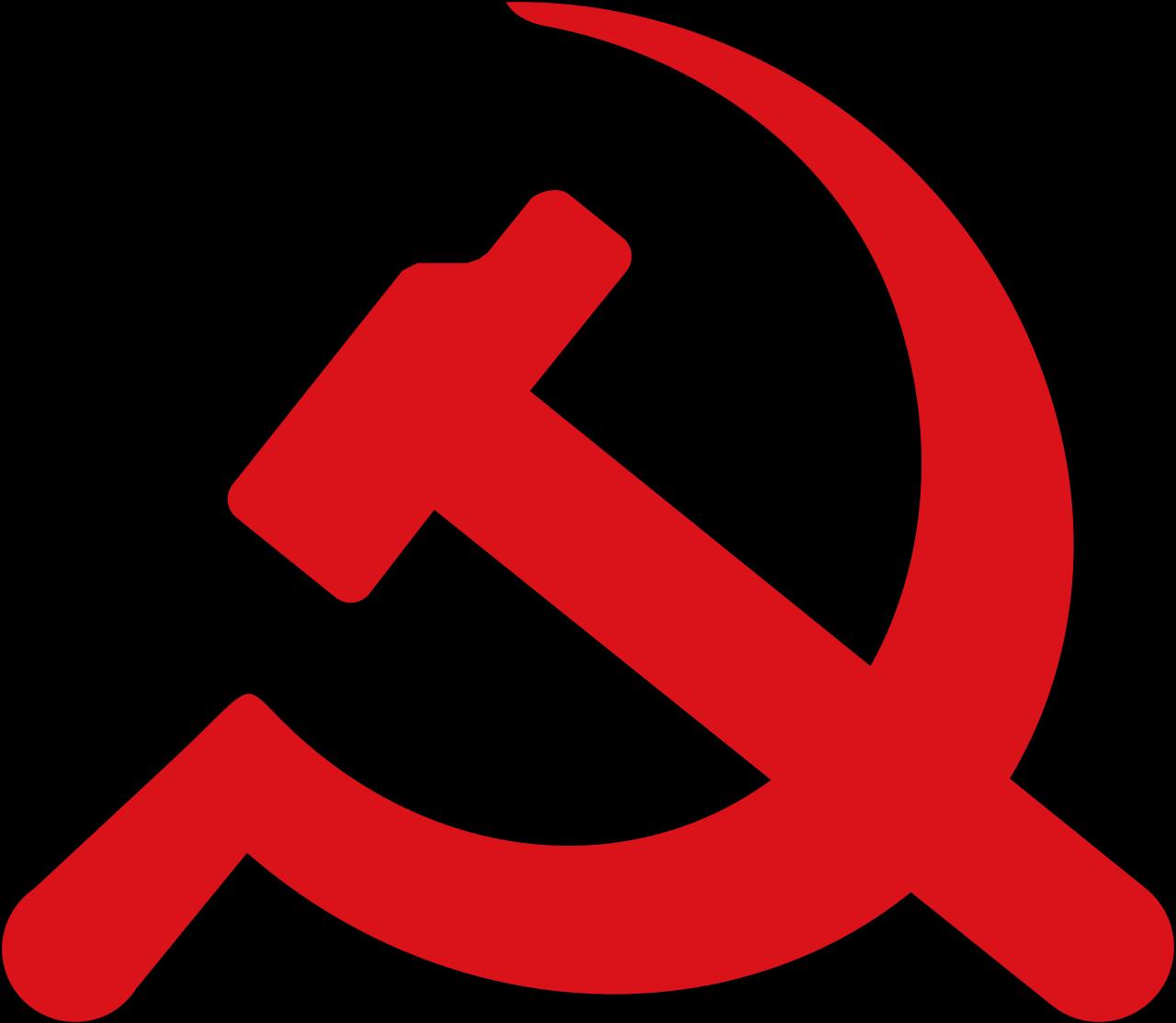Son Ngoc Thanh was a Vietnamese-Khmer Nationalist, government member, alleged CIA operative and leader of the Khmer Serai, more commonly known as the Khmer Bleu.
Born in 1908 to a Khmer Krom father and a Vietnamese mother he was initially brought up in colonial Vietnam. In 1936 he founded the first Khmer language newspaper, which advocated among other things Cambodians starting their own businesses and breaking with foreign capital.
After demonstrations against the Vichy French regime he fled to Japan in 1942. It was here that he was exposed to Pan-Arianism and indeed National Socialism.
Son Ngoc Thanh first stint in government and exile

With Japanese support Cambodia claimed nominal independence in 1945 under Sihanouk. Son Ngoc Thanh returned to Cambodia and was named foreign minister of the puppet government. Following the defeat of Japan he declared himself Prime-Minister. With the restoration of French colonial rule he was arrested and exiled in France.
Return to Cambodia
Son Ngoc Thanh returned to Cambodia in 1951 at the behest of the authorities, in the hope we could help rein in the Khmer Issarek movement. In turn Son Ngoc Thanh refused a cabinet position and joined the rebels.
To read about the Khmer Isasarek click here.
Whilst technically a broad united front the United Issarek Front was becoming increasingly left-wing, to the dismay of Son Ngoc Thanh. In 1954 when the first Indo-China War ended it is believed that was recruited as an agent of the CIA.
Forming the Khmer Serai
Son Ngoc Thanh was a right-wing ultra nationalist that despised communism. He was also a republican, who despised Sihanouk. In 1954 from his base in Siem Reap he formed the Khmer Serai militia, which would later be known as the Khmer Bleu.
To read amore about the Khmer Bleu click here .
The Khmer Serei and the manifesto
Much like the Khmer Rouge the Khmer Serai became a guerrilla force fighting against the government. It made radio broadcasts against the regime and openly engaged in hostilities. In his 1959 “Manifesto” of the Khmer Serei, Thanh charged Sihanouk with allowing the “Communistization” of Cambodia at the hands of North Vietnam and of making the country too communistic. His manifesto borrowed a lot from his early National Socialist leanings.
His base of operations was along the borders of Thailand and capitalist South Vietnam, with it being suspected that the group received funding from the CIA.
Sihanouk hated the group equally back, seeing them as even more treacherous then the Khmer Rouge. Khmer Bleu supporters were regularly rounded up and imprisoned, or killed.
Defection to the government
In 1969 The Khmer Bleu defected to the government, then nominally under Sihanouk, but with the strong right-wing presence of Lon Nol. It is generally accepted that he mass defection of troops was initiated by the CIA in readiness for the coup of 1970.
Following the coup by Lon Nol and the other throw of Sihanouk Son Ngoc Thanh was invited into government. By 1972 Son Ngoc Thanh had been declared Prime-Minister.
Far from achieving the freedom he hate for him, or the Khmer Bleu they were now under the direct control of Lon Nol. The Republican government would not support the Khmer Serai in their territorial claims against South Vietnam and many were imprisoned, or killed.
Son Ngoc Thanh – fall from grace and death
After an assassination plot, allegedly at the behest of Lon Non (Lon Nol’s brother), he retreated to exile in South Vietnam. Following the fall of Saigon he was imprisoned. He died less than a year later.
The legacy of Son Ngoc Thanh
Whilst originally seen as a great nationalist in Cambodia, his later actions, particularly working with the CIA have led to him being seen as a foreign stooge. His defection to the government in 1969 and the coup are also what led Sihanouk to form a united front with the Khmer Rouge, leading to the killing fields.




